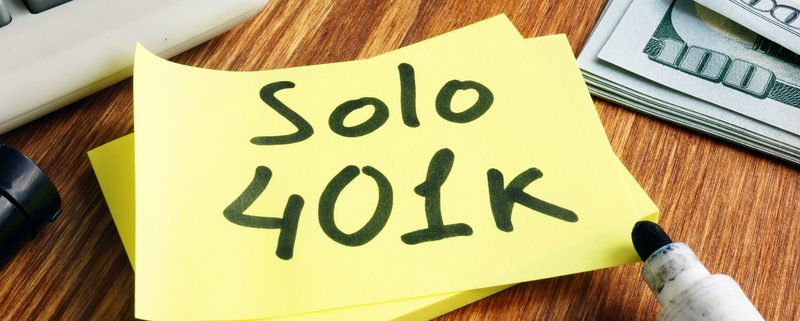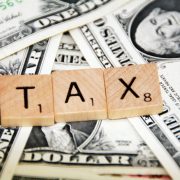Five Things You Need to Know About a Self-Directed Solo 401(k)
When most investors think about 401(k)s, they think about the typical arrangement: a work-sponsored 401(k) plan. But that does not mean that if you are self-employed, you cannot have a 401(k). In fact, you can use a Self-Directed Solo 401(k) to utilize all sorts of benefits of these account types—you just need to know how to do it. To that end, we have put together five essential facts you will need to know before you start investing with one of these accounts.
#1: Self-Directed Solo 401(k) Plans Are Generally for “Solopreneurs”
If you are using a Solo 401(k) plan, you will note the use of that one word: solo. That’s because the Solo 401(k) plan is designed for limited use; you cannot open up a Solo 401(k) plan, after all, and call it a company plan. Then it’s no longer solo! If you are a freelancer, contractor, or similarly self-employed individual running a sole proprietorship, a Self-Directed Solo 401(k) plan may be an option.
Why open one? One of the most important things to know about this plan is that it lets you invest a large sum of money toward the investments. With these high contribution limits, you are free to save a more considerable sum from your income. That’s particularly beneficial for retirement investors who are starting to earn a higher income and want to put a lot of that money toward retirement.
#2: You Can’t Start Hiring Employees Without Any Consequences
This is sort of a corollary to the above. If you were to start a Solo 401(k) with a sole proprietorship at which you are the only employee, things can generally be smooth. However, if you started hiring employees at that company, you will not be able to continue making contributions to your Solo 401(k). However, you can open a new 401(k) for your company.
The way to think about it is simple: if you open a Self-Directed retirement account for a business, you are going to have to extend that to the entire business, in many cases. With a Solo 401(k), that means you have to stop making contributions to the solo plan and open a new plan entirely if you want to use a 401(k), or at least contribute to it.
#3: Contribution Deadlines Change with your Business Structure
Things are simple when you are a sole proprietor or a Single Member LLC in business for yourself. You can make contributions before the tax-filing deadline. With more complicated structures, however, you may find that the contribution deadlines change, which gives you different options. For more about this, you will want to consult with a tax professional who can fill you in on using a Solo 401(k) plan in more complicated business structures.
#4: You Can Roll Them Over
Let’s say that you have a Solo 401(k) plan and want to roll it over into a like account. Can you do it? You certainly can, provided that the rules are adhered to as you attempt the rollover. This means that even if you move from a Self-Directed Solo 401(k) to a similar account, you will always have some additional flexibility in saving for retirement.
#5: They’re Easier Than You Think
For many investors, the idea of opening their own Solo 401(k) plan might sound like something that only very sophisticated people do. But it’s easy. With the proper paperwork in hand and the rules met, you’ll have no problem setting up one of your own.
Interested in learning more about Self-Directed IRAs? Contact American IRA, LLC at 866-7500-IRA (472) for a free consultation. Download our free guides or visit us online at www.AmericanIRA.com.










